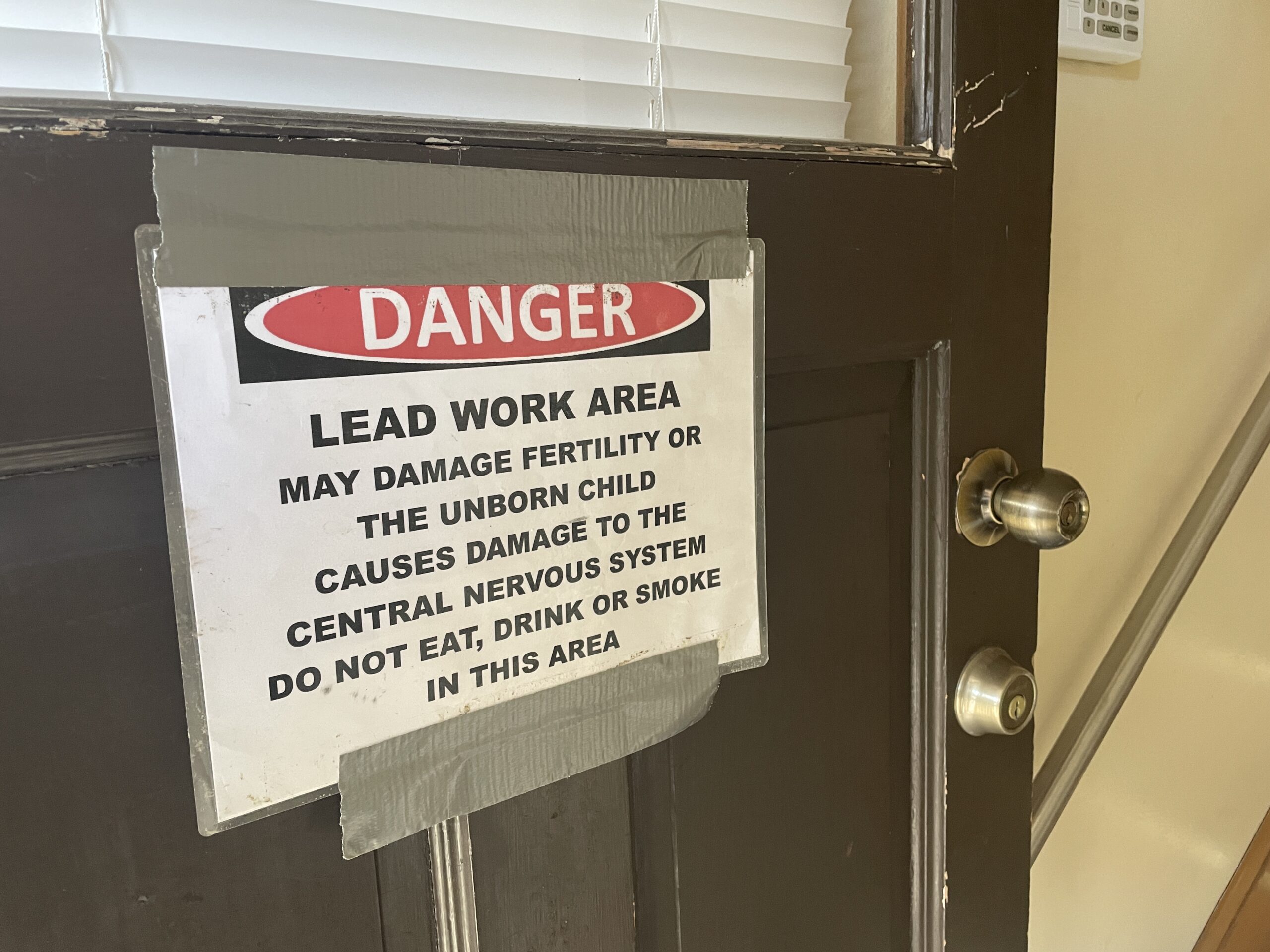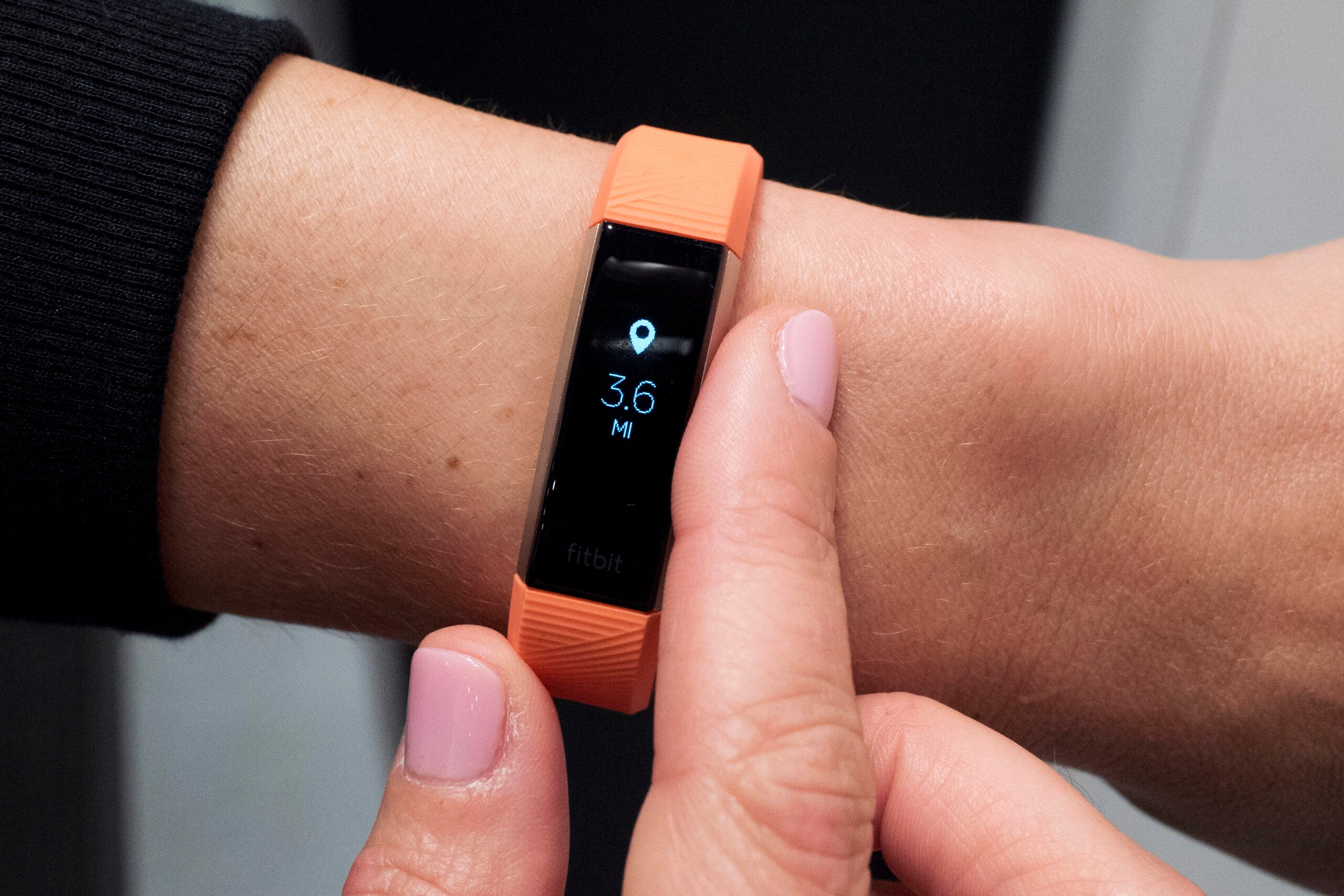Heart disease, for more than 70 years, has sat atop the list of leading causes of death in the nation. Doctors across Wisconsin and the country study its causes, advocate for prevention and develop new methods of treatment.
Wisconsin Public Radio’s “The Morning Show” is producing a week-long series about medical innovations and advice, and Tuesday’s program covered the heart. Two Wisconsin cardiologists shared their insights and recommendations on keeping the engine of the body healthy.
Here are two takeaways from the program:
News with a little more humanity
WPR’s “Wisconsin Today” newsletter keeps you connected to the state you love without feeling overwhelmed. No paywall. No agenda. No corporate filter.
Excessive alcohol among risk factors
The risk factors for heart disease run far and wide and can affect anyone.
Dr. Ivor Benjamin is director of the Cardiovascular Center at the Medical College of Wisconsin. He pointed to hypertension, diabetes, high cholesterol and obesity as some of the prominent health troubles that could lead to complications in the heart.
Excessive alcohol consumption — a problem particularly prevalent in Wisconsin — also has harmful effects on the heart, he said. These effects range from circuitry alterations that lead to arrhythmias to toxic effects directly to heart cells, such as the heart’s muscle and lining.
“The more risk factors you have, the greater your risk for developing a problem,” said Dr. Robert Wilson, a cardiologist with the Appleton-based Heart and Vascular Institute of Wisconsin.
The most common heart problem is coronary artery disease. But Wilson said the broad category of heart troubles show up by way of heart attacks and peripheral arterial disease, also known as PAD.
Prevention
Wilson and Benjamin stressed the importance of home blood pressure monitoring. Keeping a log gives doctors more information and that means doctors can intervene before problems get much worse.
In extreme cases, patients with high blood pressure might experience headaches, nosebleeds and visual difficulties. But without home monitoring, high blood pressure is more likely to remain undetected. Wilson called relying on office visits to monitor blood pressure “completely inadequate.”
“Everyone’s blood pressure will vary 20, 30, even 40 points throughout the day, and you want to make sure you’re varying in an acceptable range — 110 to 140 rather than 140 to 170,” Wilson said.
Other ways to help the heart include eating well and exercising regularly. Benjamin and Wilson suggested 30 minutes of uninterrupted aerobic activity per day for five days in a week.
“Those two things — diet and exercise — will go a long way toward improving cardiovascular health for the individual and the country at large,” Wilson said. “It’s better than anything that we have in a pill bottle. That is for sure.”
“Body Week” is a week-long series on Wisconsin Public Radio’s “The Morning Show.” An hour of the program is dedicated each day to one part or system of the body. Tuesday’s show featured the heart. Next, we explore the lungs. Listen to the show weekdays at 8 a.m. on The Ideas Network. Submit your questions about the body to ideas@wpr.org.
Wisconsin Public Radio, © Copyright 2025, Board of Regents of the University of Wisconsin System and Wisconsin Educational Communications Board.







